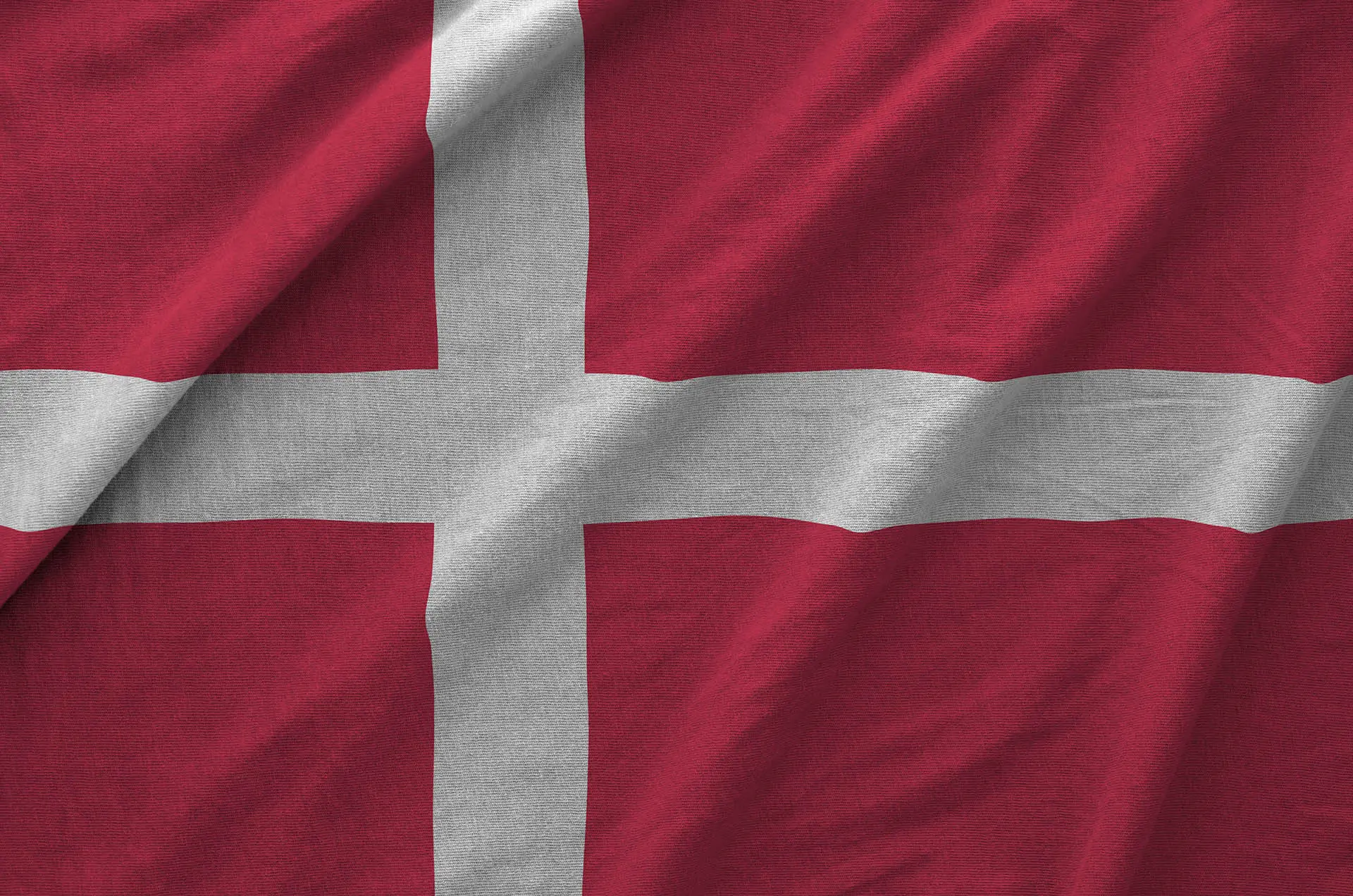Denmark is advancing a plan in Europe to curb AI-generated deepfakes by amending its copyright law so that every person holds a protectable right in their own likeness, including face, body, and voice, and can demand takedowns of digital forgeries posted without consent.
A deepfake is a video, image, etc. in which a person’s face, body, or voice has been digitally altered so that they appear to be someone else, typically used maliciously or to spread false information.
The culture ministry says a broadly backed bill will go to public consultation before the summer recess and return to Parliament in the autumn, with ministers signaling platforms that fail to comply could face significant penalties.

Culture Minister Jakob Engel-Schmidt said the proposal aims to send an “unequivocal message” that people control how they appear and sound online, arguing that current law has not kept pace with the development of generative AI. Satire and parody would remain exempt, but realistic, non-consensual imitations could be removed and potentially compensated under Danish law.
If adopted, the amendment would give individuals a clear legal route to force platforms to remove deepfakes that misappropriate their identity, and it would also cover realistic, digitally generated imitations of artists’ performances. Officials say the model could be shared during Denmark’s EU presidency as a template for other member states.
The move comes amid a rapid rise in synthetic media abuses from non-consensual pornography to fraud and political disinformation, with recent industry research logging hundreds of publicly disclosed deepfake incidents and steep quarterly growth in losses.
Experts note Denmark’s approach differs from most regimes that target specific harmful uses through criminal law: by anchoring protection in copyright, the bill focuses on a person’s likeness as a right that can be enforced across contexts. Supporters refer to the framework as “harm-agnostic”; critics warn that enforcement will be challenging and definitions will be contested, even with carve-outs for satire.
The proposal would operate alongside EU-level rules such as the Digital Services Act and the bloc’s AI framework, which already scrutinize manipulated media and platform responses. Copenhagen has signaled that, if platforms do not respond adequately to removal requests under the new Danish rules, fines and potentially EU escalation could follow.
In the United States, the recently enacted federal Take It Down Act makes it illegal to share non-consensual, sexually explicit images and videos, including AI-generated ones. Several US states have also passed their own laws banning the creation and distribution of explicit deepfakes, and the use of deepfakes to spread misinformation during elections or to damage someone’s reputation is also a growing focus of legislation.
What changes for users and platforms (if passed):
Broad cross-party support is in place and is slated for parliamentary submission in the autumn session.